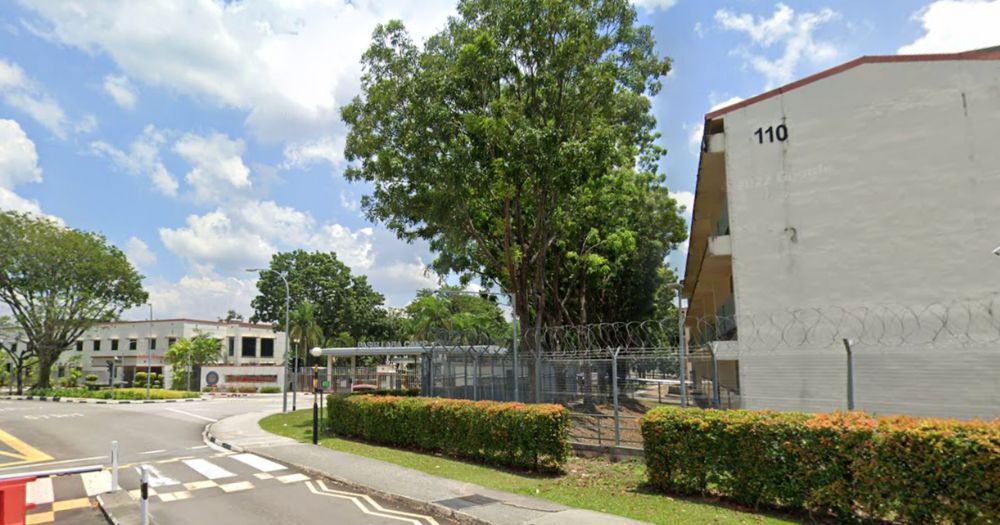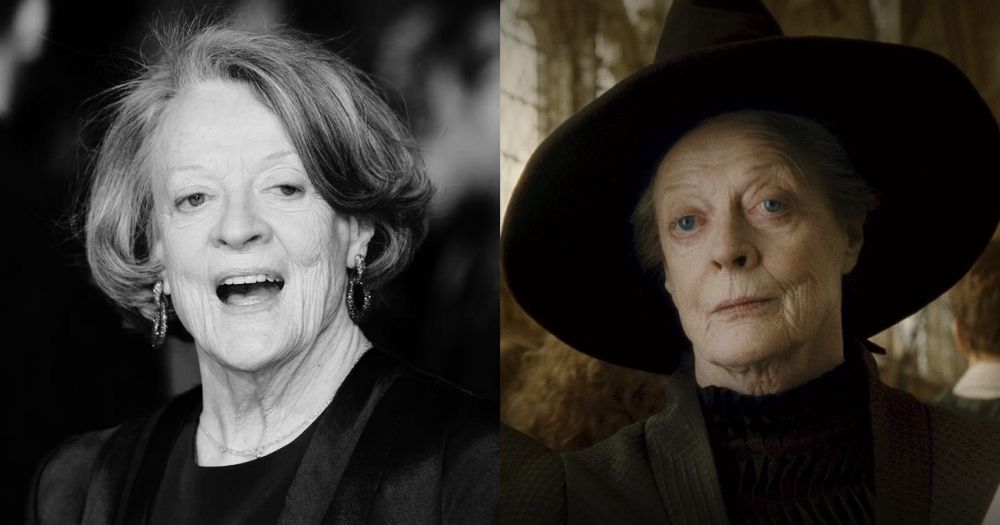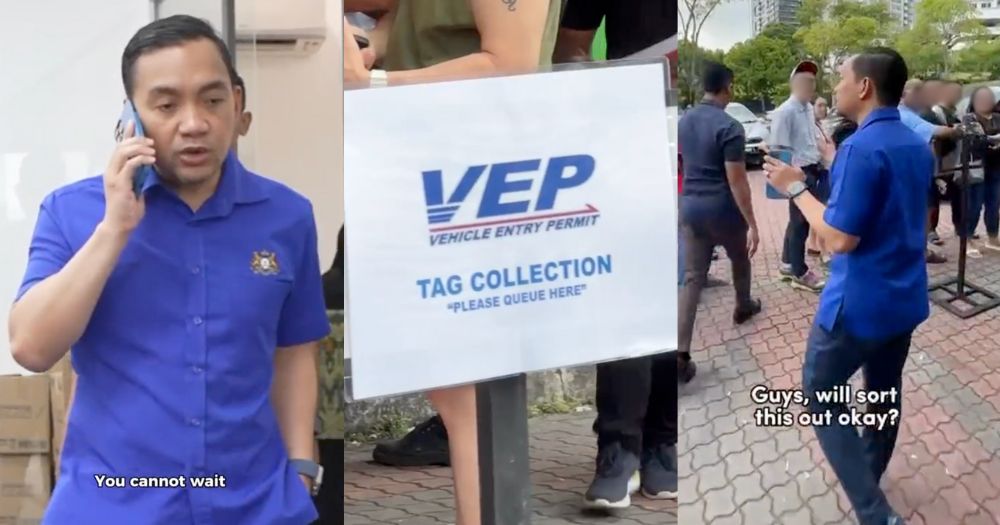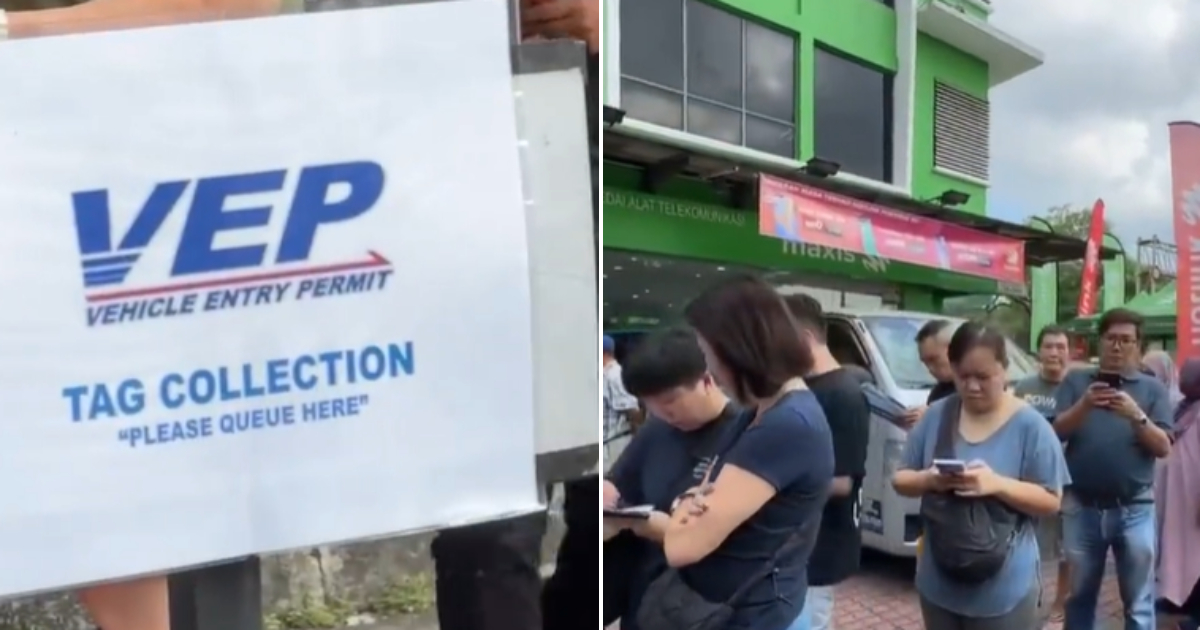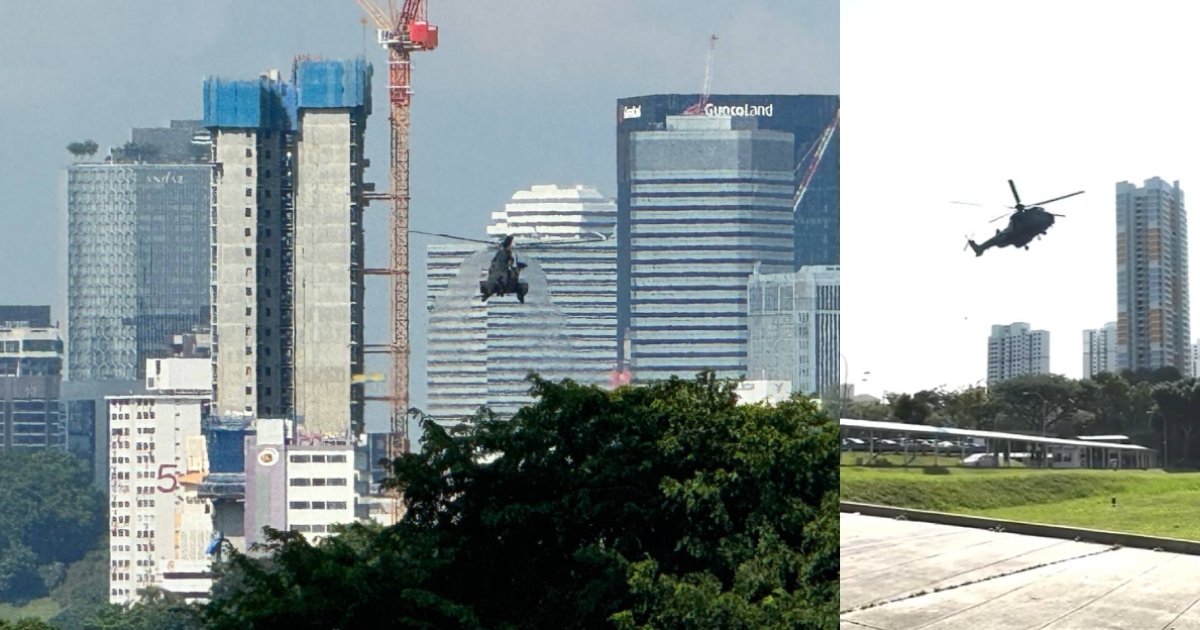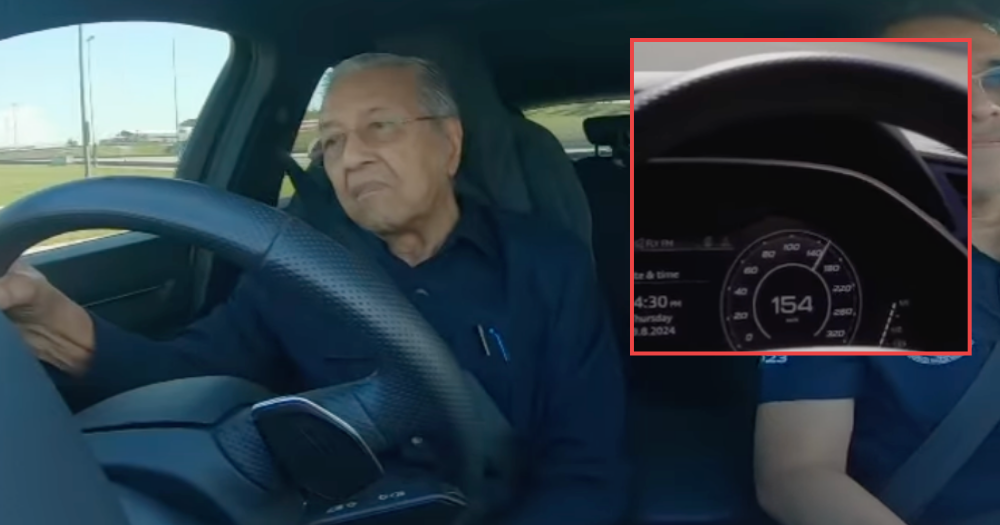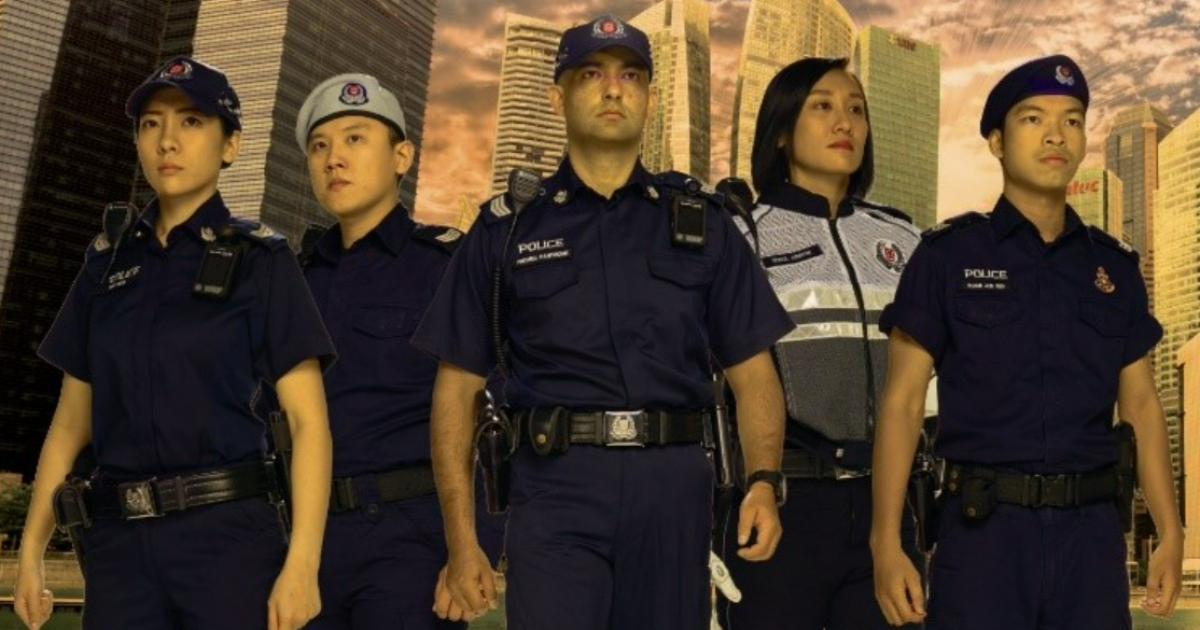Youths ask PM Wong about keeping S'pore competitive, unpopular policies, & undoing unhelpful systems
Questions and answers.
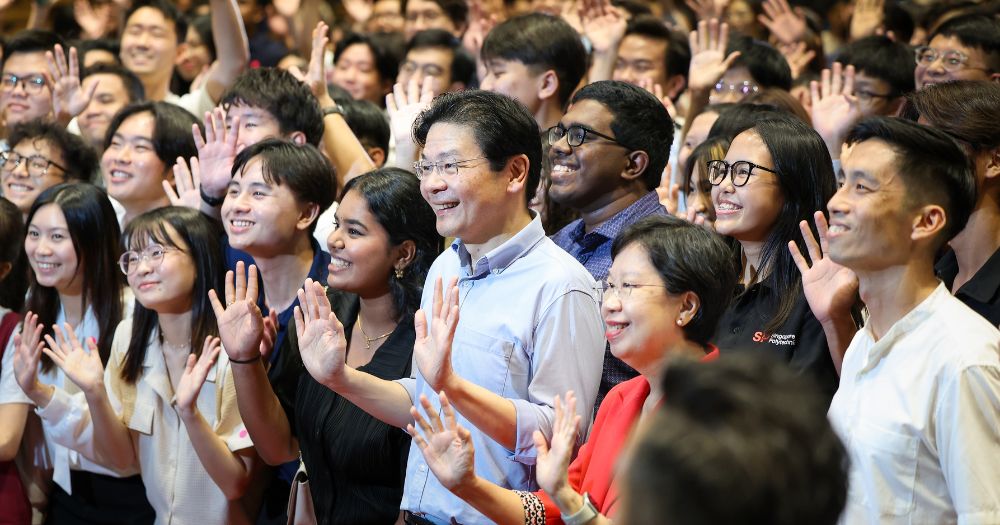
Prime Minister and Minister for Finance Lawrence Wong held his first youth dialogue since his appointment at the Singapore Management University (SMU) on Jul. 2.
The dialogue engaged students from Institutes of Higher Learning (IHLs) and was organised by SMU, the Institute of Policy Studies (IPS), and student-led inter-university initiative Varsity Voices.
The question and answer segment of the event was held under the Chatham House Rule for the student participants, meaning that reporting on the dialogue was allowed, provided that the identity or affiliation of the students was not revealed.
Questions and reactions
The questions posed to the PM included areas such as ensuring job security for Singaporeans in light of the country's need for foreigners in the workforce, social mobility, and how Singapore can stay competitive in industries like technology.
Participants also asked PM Wong about the government's plans to ensure equality of opportunity for Singaporeans, highlighting that those with more resources may have access to better networks and can move forward more rapidly.
Apart from posing their questions, participants also took the opportunity to convey personal messages, including one who congratulated PM Wong on his appointment as Prime Minister, and another who prefaced his question by saying: "Hi, Mr Wong, I'm a really big fan."
And when a participant asked PM Wong about advice he would give himself as a newly-elected Member of Parliament in 2011, PM Wong replied, to laughter from the audience:
"Always expect the unexpected – like questions like this in a dialogue session!"
How to not compare with others?
In his speech prior to the question-and-answer segment, PM Wong had urged the audience to "start from within" by focusing on their own strengths and abilities instead of comparing with others, when choosing their career path.
A participant thus sought his advice on not comparing oneself to others, noting that it is a prominent practice in the Singapore system, and saying that it manifests in various forms in workplaces, such as through performance grading in the public service.
The participant also highlighted the past policy on streaming students, noting that it was no longer practised, and saying:
"I am glad these are being undone on the education level. But will there be more changes in the workplace? ... What would be your plan to undo this system?
Because it is not a problem to most of us. We can undo that. But will the system undo that with us?
The question drew applause from the audience.
PM Wong acknowledged the question as one without "an easy answer".
"The challenge will always be there," he said, explaining that it is hard to avoid comparisons as organisations "operate on the basis of having a command structure".
Thus, organisations need to look at promoting individuals to be leaders.
He added that pressure may inevitably arise from such structures.
However, he said that those in Singapore can encourage and promote a "more egalitarian culture", where everyone is respected and treated equally at work, without a need to "bow and scrape before your superiors".
"And if we do that well in Singapore... hopefully, you do not feel so pressurised. You do not feel like you are always comparing with one another. Yes, you may not get the promotion you sought. Someone else may have gotten it but you wish your colleague well. You may not get your desired role, but you focus on the work that you do.
You do your work well, recognising that eventually your talents will be recognised."
He also shared his personal experience of being on the "normal track" when he joined the civil service, saying that his peers on the "fast track" were promoted faster, while those who joined the finance industry were earning more than him.
PM Wong said:
"I understand fully the pressures because then you feel like, 'This is not fair. Why is this happening? Why are some people benefiting more than others?'
And it is normal to compare, and because of those pressures, I did think of leaving the Civil Service at one stage"
He explained that he eventually continued in public service before entering politics, after reflecting on the advice of mentors who encouraged him to focus on the impact of his work, which he found "meaningful and fulfilling".
"Once you center and focus on what you think is meaningful and fulfilling, I think the comparisons become less important," he said.
He advised the younger generation to focus on their own work and strengths, and believe that their talents will be recognised.
Reiterating the call in his speech for youths to avoid comparing, PM Wong added:
"As I said, go back to focus on your strengths and do your work well. Eventually there will be possibilities for you to flourish."
"We are doing even more to invest in Singaporeans"
Responding to questions on foreign talent, social mobility and competition in the tech industry, PM Wong said more is being done for Singaporeans.
He said that Singapore has to be an "open economy" to keep attracting foreign investment and create jobs for Singaporeans.
He explained that global companies that set up in Singapore are "not interested" in the Singapore market, but set up regional or global operations here. PM Wong added:
"So when they do that, obviously, they will want to have access to regional and global talent.
Otherwise, if you tell them, you can only hire Singaporeans, they will say, 'Well, thank you, but I would rather setup my operation somewhere else.' So we have to stay open, because this is the only way to attract investments and create jobs for Singaporeans."
However, he assured that the government continues to control the influx of foreign talent with levies, quotas and more.
PM Wong added that Singapore will also be implementing new legislation on workplace fairness to prohibit discrimination by race, nationality or age.
"But at the same time, while we control the flow and ensure fairness at the workplace, we are doing even more to invest in Singaporeans."
He said this is being done through investing in skills, training programs, and overseas work opportunities, so that Singaporeans will have an "extra advantage".
PM Wong also shared that the local tech industry is currently lacking good software developers, noting a participant's point that tech companies may put roles like sales operations in Singapore, while most of their development work is executed offshore.
"We do want to get the critical part of the value to be done and anchored here in Singapore," said PM Wong.
He said the government is trying to train more developers, hoping to gradually get more companies to do more of their software development locally.
Doing more for social mobility
On social mobility, PM Wong highlighted that Singapore's Gini coefficient, which is used to measure inequality within a country, is "coming down".
"We are becoming more equal, not less equal, becoming more equal, as far as income is concerned, which is a good thing. And we will continue to move in that direction."
However, he acknowledged that inequality is not the same as social mobility, which refers to opportunities for those in disadvantaged groups to move up.
"We are also doing more there, including investing in preschool, making sure children even from low-income families have a good start in life," he said.
Rejecting populism and focusing on one's strengths
Another participant also asked about the upcoming General Election, and mentioned "increasing contestation of our political arena".
The participant asked how the government plans to communicate "unpopular but necessary economic policies", citing a potential future increase in the Goods and Services Tax (GST) as an example of such a policy.
PM Wong said that the government plans to keep the status quo in its approach to communicating policies that may be unpopular.
"If we have the mandate in the next election, and we continue to have the mandate from the people to govern Singapore then we will continue with the same approach, which is to reject populism but to do the right things that are in the best interests of Singapore and Singaporeans."
He said this approach is crucial to ensure that the government's budget is balanced, and that the government can pay for the measures it introduces.
He said:
"We would not get 100 per cent support. We may not even get 75 per cent support. But if we can get the majority of Singaporeans to understand, then hopefully we will still be able to implement some of these difficult but necessary policies."
Top photo by Ministry of Communications and Information
MORE STORIES







